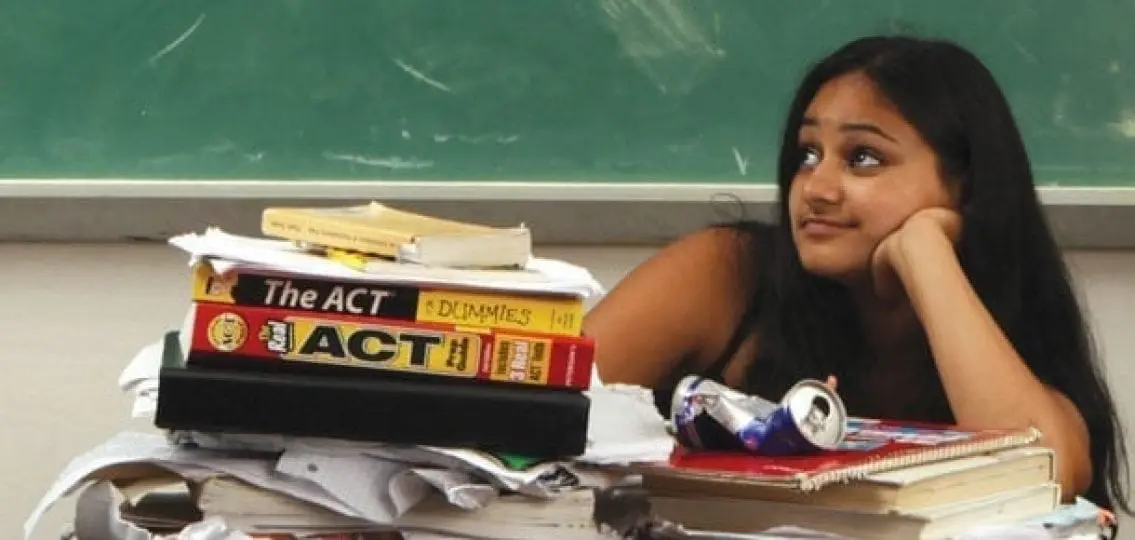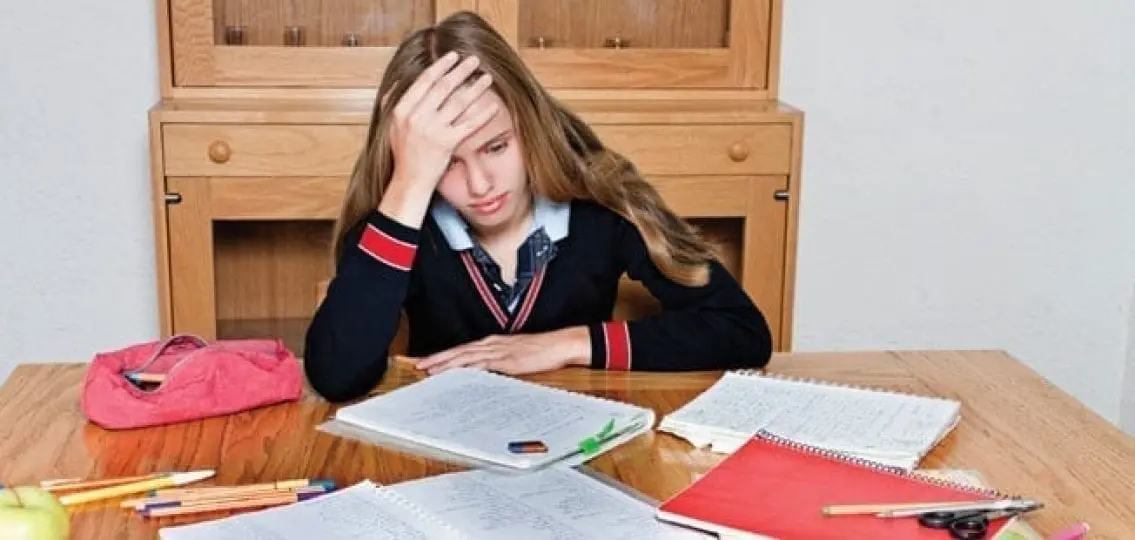If your teenager is a disorganized student, these ideas might work for you in school and in other areas.

Expert Advice on How to Set Up Your Disorganized Student for Success:
Tip #1: Have a dedicated (and well-stocked) space for homework.
[adrotate banner=”98″] To help disorganized students with executive functioning—skills that help us manage time, plan, organize and lots more— they need a clean, organized workspace with all of the items they need for homework. These include a pencil cup with sharpened pencils, paper, pens, a calculator and school planner so that assignments are visible. Remove all other items that can cause distractions, including cell phones, radio, TVs., or even a family pet. Also, be sure that the workspace is in an area of the home that is free of noise and traffic (i.e., people moving in and out). The kitchen is often a bad workspace, for example, due to the many distractions inherent in it’s location.
— Nicole Gerami, M.A., CCC-SLP, speech language pathologist and co-founder of both Western Reserve Speech and Language Partners and the FIT Program
Tip #2: Patience is (really) a virtue.
Be patient and discern what is within your teenager’s ability to control and what is not. Sometimes what looks like noncompliance and refusal is really the teenager’s inability to manage something. Being required to keep track of many different items going from class to class, for example, can be like asking a star sprinter to also be a star marathon runner.
— Dr. Michael Manos, Head of the Center for Pediatric Behavioral Health at Cleveland Clinic
Tip #3: Teach your teenager self-advocacy.
It is essential for teens to understand their learning disability. They need to articulate which accommodations are most helpful in the classroom setting. Learning about their strengths and weaknesses at a young age will allow your disorganized student to be successful in an education setting. These self-advocacy skills are important for a successful transition to high school and beyond.
— Patty Saddle, Independent Education Consultant, The College Planning Center
Tip #4: Work the to-do list.
Executive dysfunction impacts a disorganized student’s ability to plan, organize and self-monitor. Students who suffer from this deficit will benefit from a To Do list that is color-coded based on due dates. Other helpful hints include:
- establishing a daily routine
- creating color-coded binders
- doubling up on text books so that one copy can remain in school and the other is kept at home
— Vivian Garfunkel, M.Ed, Director of Special Education for Tree of Knowledge and Virtual School House

Tip #5: Embrace the unpredictable.
I recommend buying a kaleidoscope. I have always loved kaleidoscopes and one day it occurred to me that I have a kaleidoscope child. While many teachers, parents, students and family members saw my son as broken, I was determined to find his special beauty. I found it in the broken pieces of glass in kaleidoscopes that make beautiful, unique and unpredictable images. In order to love a kaleidoscope, you have to let go of preconceived notions of what will happen and just let the wonder unfold on its own. Once I realized that my son was like that—I just let him be different, unpredictable and creative. I let go of how things were “supposed” to work and let the broken pieces of glass fall where they may—a surprising and beautiful outcome.





